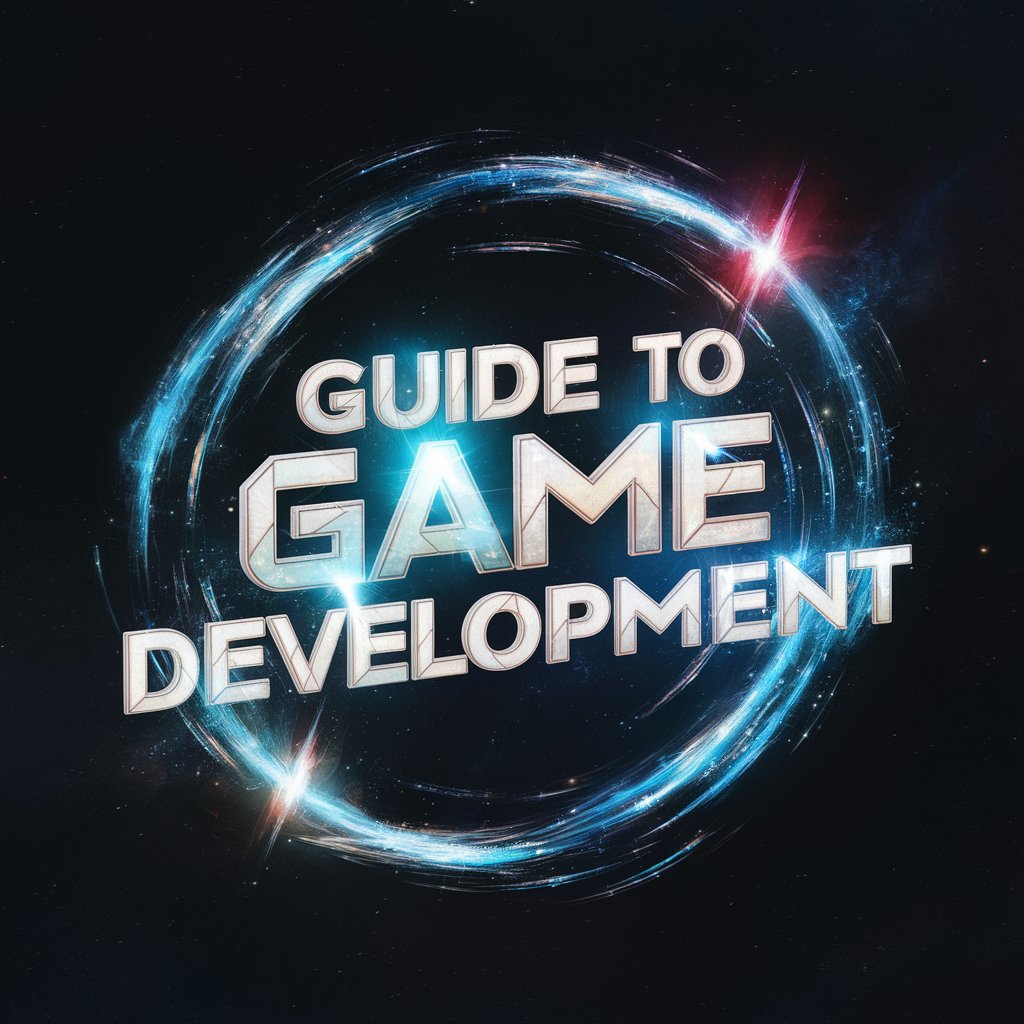Game development is a captivating and creative field that combines art, storytelling, and technology. As a beginner, entering this industry can be both exciting and overwhelming. Before working with the technical aspects, it is important to grasp the fundamentals of game development. This includes familiarising yourself with the different genres of games, the roles within a development team, and the overall process from concept to completion.
Knowledge of these basics lays a solid foundation for further learning. Additionally, working with a Game development company or collaborating can help newbies develop a strong foundation. Understanding the basic steps and requirements can help you go through the initial stages effectively. This guide will outline the essential elements for anyone looking to start on a journey in game development.
Choosing the Right Tools and Platforms
Selecting the appropriate tools and platforms is a significant step in game development. The choice depends on the type of game being developed and the target audience. Beginners should start with user-friendly and widely supported engines like Unity or Unreal Engine. These platforms offer extensive resources, tutorials, and community support, which are invaluable for newcomers. Game development often requires additional tools for graphic design, sound production, and coding. Software like Blender for 3D modelling, Audacity for sound editing, and Visual Studio for coding are excellent starting points.
Developing a Game Concept
A successful game starts with a compelling concept. This involves brainstorming ideas, defining the game mechanics, setting objectives, and creating an engaging storyline. A well-thought-out concept serves as a blueprint for the entire development process. It is advisable to start with simple game ideas and gradually move on to more complex projects. Creating a game design document can help organise and refine ideas. The GDD outlines the game’s vision, gameplay mechanics, story, characters, and technical requirements, providing a clear roadmap for development.
Building a Prototype
Prototyping is an essential step in game development. It involves creating a basic version of the game to test its mechanics and overall feel. This step helps identify potential issues and allows for early adjustments. Prototyping tools and game engines often have built-in features to facilitate this process. During prototyping, focus on the core gameplay elements rather than aesthetics. Playtesting with a small audience can provide valuable feedback. They can help you to refine and improve the game before proceeding to full-scale development.
Collaborating and Networking
Game development is rarely a solo endeavour. Collaborating with others brings diverse skills and perspectives to the project. Joining online communities, attending industry events, and participating in game jams are excellent ways to connect with other developers. Networking opens up opportunities for collaboration, mentorship, and even potential job offers. Engaging with the game development community provides access to knowledge and resources that can accelerate learning and professional growth.
Refining and Polishing
Once the prototype is validated, the focus shifts to refining and polishing the game. This phase includes enhancing graphics, adding sound effects, and optimising performance. Attention to detail is crucial to ensure a smooth and enjoyable player experience. Iterative testing and feedback are vital during this stage to identify and fix bugs, improve gameplay, and ensure that the game meets proper quality standards.
Preparing for Launch
The final step in the game development process is preparing for launch. This involves marketing the game, creating promotional materials, and choosing the right distribution platforms. Developing a strategy for marketing early on can help build anticipation and reach a broader audience. Various platforms like Steam, Epic Games Store, and mobile app stores offer different distribution options. Understanding the requirements and guidelines of these platforms is essential for a successful launch.
Starting on a game development journey requires a combination of creativity, technical skills, and perseverance. By working with a Game development company or collaborating with others, beginners can effectively navigate the challenges of this exciting field. With dedication and continuous learning, the dream of creating engaging and immersive games can become a reality.






